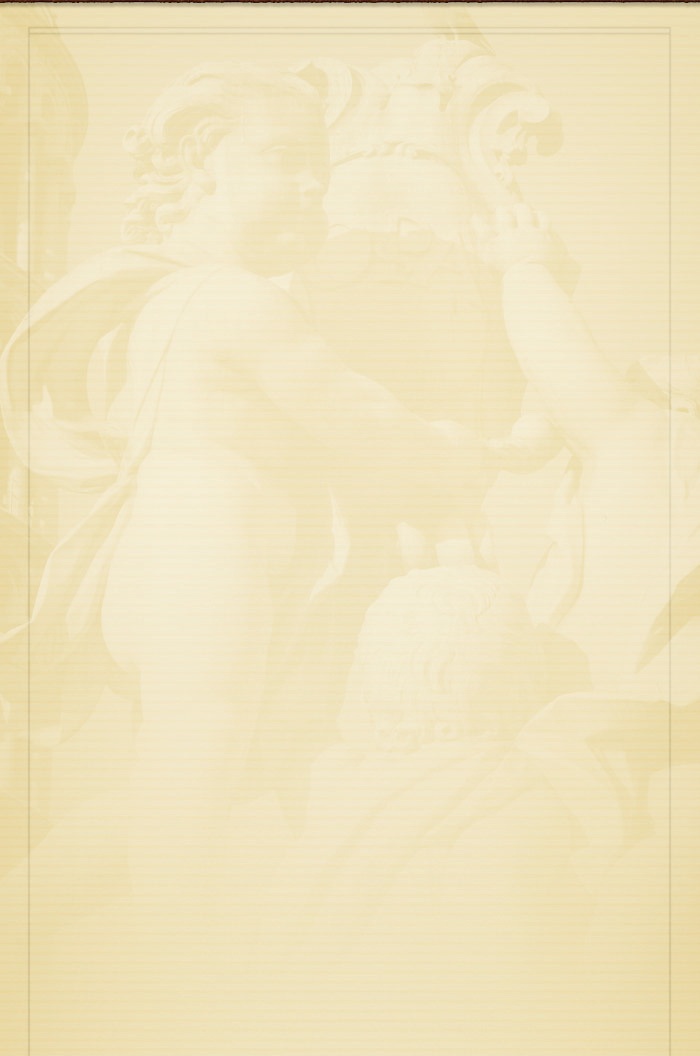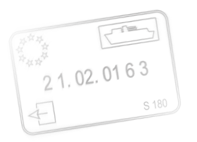by Anthony bona
Edna Gamboa Bona was born on November 30, 1953 in Santa Rosa, Nueva Ecija, Philippines where the economy isn’t spectacular but people can live a pacifistic and sparse life. Edna grew up with an older sister who now resides in Seattle, Washington and an older brother who also resides in Seattle, Washington. She attended Centro Escular University located in the Cultural Center of the Philippines, in Manila. Edna graduated on the tenth of March in 1976 where she received her Bachelor of Science in Food Nutrition. She was raised between the times when Ferdinand E. Marcos stepped into power in 1965. As the new president of the Philippines, Marcos assured civil liberties, land reforms, and the right of workers to be able trade union organizations. Everything planned by Marcos was going well. Money was available for education, infrastructure, clinics, and irrigation developments. With rice being the main staple in the Philippines, the United States helped with new techniques of rice growing and rice production which made this product more available to the poor. Marcos also strengthened ties with the United States and even supported the United States in the Vietnam War. When she arrived in American she felt so different and vulnerable; very passive that she was determined to have that good life that she didn’t have in the Philippines. Edna wanted to escape the life and rule of Ferdinand E. Marcos and came to America on January 21, 1980. But, life wasn’t going to be easy for her.
I lived in San Rogue – Cabiao – Nueva Ecija, Philippines in a three bedroom house, two stories to be exact. We used the bottom area as our kitchen and living room, upstairs was where all the bedrooms were. Our house was made of wood, and we actually had a foundation, unlike most houses. I walked to school. It wasn’t that far away considering it was right across the street from where I lived. We learned English at school. It was recommended; but at home we spoke Tagalog.
Whenever we wanted to go somewhere a little farther then walking, we would use Tricycles. They weren’t your normal tricycles, but they were bigger, faster, and there was a giant cart attached to the tricycle where people could sit down. But, all in all I would say the community that I lived in was very laid back. People had a job to do, they would do it, and they would come back home, it was almost as if there was a daily routine. I lived in a community where farmers were dominant. They would go to the fields, and then come home. It was easy as that, but the work was not easy at all. For dinner we would usually have rice with vegetables, and if it were a good day that day, we would have fish. We even grew our own veggies in our backyard.
The atmosphere of where I lived was very different than in the city. People dressed differently. In the provinces people dressed very conservatively. The girls wore long skirts in school, and we had to wear clothes that covered almost everything up. What I miss the most would the atmosphere, my relatives, and the country itself. But our town wasn’t the safest at night. My dad would tell me on some days not to leave the house, to not go out tonight because he knew someone would be killed. I would hear gun shots and people crying during the night.
I came to America because most of my relatives came here to seek a better opportunity, to better their lives and to have a better future not for them but for myself as well. I wanted to have a good life. My trip started at Manila International Airport. I was going to take Philippine Airlines for my trip to America. It was new, and quite frightening; I didn’t even know how to ride the escalator let alone the elevator. I was so nervous and so afraid that I was scared to go to the bathroom on the airplane. The airplane bathroom terrified me because I thought I was going to get locked in. But I learned new things; I experienced things that I would have never gotten to experience unless I went on this trip.
My plane landed in Hawaii. If you were an immigrant; different immigrants had different ports of entrée, and mine was located in Hawaii. I traveled by myself, I was terrified and confused, but instinct took over and since I learned how to read I asked questions and figured out my way. A Japanese lady took me for an interview. She took my picture for my green card and after that I returned to the plane and traveled/arrived to San Francisco Airport. The most terrifying part of my travel wouldn’t be the people on the plane or the wandering eyes of senseless people, but it was that fact of whether or not “Ang ate ko,” my sister, was going to pick me up from the airport.
I always thought the United States would offer me a new fresh start. My relatives told me that it would be a better lifestyle and that I would live my life peacefully and evidently they were right. Since when I could remember I always knew that life in the United States would always be better. In the Philippines it would take a long time to have and own property. You would have to work two and a half years in order to purchase only a car. To add on that it’s even harder to find work in the Philippines than it is in the U.S. But, here in the United States, it’s very easy to buy things, just as long as you know how to work and are able to save up your money.
When I finally arrived in the U.S. I was very reluctant to speak to Caucasians. First, I couldn’t understand what they were saying; sure I knew how to speak and understand English, but it was difficult for me to understand it when they would speak so fast. But, that didn’t stop me; the strange thing about English is; I learned it through watching the television. Some things stayed the same. Where I worked it showed a little side of home considering my co-workers were Pilipino.
It’s really quite depressing because people here don’t have any time to take a break- they always work. Working here is so much easier than working in the Philippines. Here people have far better technology than in the Philippines.
I was taught English in my old elementary school, but it was my English comprehension that I had to improve on.Life here was different. I learned how to eat American food like steak, and mashed potatoes. It wasn’t that difficult for me to eat with utensils, since we had them when I was younger, but majority of the time here and in the Philippines I ate with my hands.
My clothing style changed as well and I learned how to be more updated with my clothing styles. I was more open-minded towards my friends and family. I changed the way I learned things and even today I’m still learning new things. The toughest thing that I had to go through in this new country was adapting to the American culture. I needed to be more social, and it was that small thing that I needed to do to enable me to learn the English language.
At first English was difficult, but I practiced and I understood things. My parents spoke a little English, but it was my father who knew more English though. There weren’t any communication problems between my parents and myself, we knew how to speak one language very well, and English was still a learning experience for all of us.
I am certain that I will not forget my native language; I was born speaking that language, and I will never forget it. The Philippine language of Tagalog is what I was born speaking, and I think the biggest and toughest challenge would have to be in our youth. It’s a big challenge because today many of our youth Filipinos don’t know Tagalog and I’m afraid that not practicing it every day will make the language and the roots of the Philippines wither away slowly and it will be forgotten forever.
When I first arrived here going into a store was very difficult for me. It was especially hard for me, because when in the stores, if I need a product or help with something, I would ask the store manager or someone, and they would just ignore you just because of your accent. Back in the homeland it wasn’t a difficult problem considering everyone was Filipino. Discrimination back home would be because you were of a different part of the Philippines.
The discrimination that I experienced only made me feel more driven. It made me feel like I had to face life and I became a stronger and better individual. I didn’t take prejudice seriously; I took it in one ear and let it out the other.
Advice that I would give to other immigrants would be to be ale to learn how to adapt and take life as it comes. They need to just let things happen as they should, and if there is trouble, the have to face it head on and just keep moving forward and once they can overcome those adversities failure is not going to be a problem.
Being an American means to be everything. It was the most important day of my life when I became a citizen of the United States. I thanked the lord when I became an American because it really does mean everything
…To be able to have that freedom, to be able to live a good life and to be able to have things that I want that I’ve worked for…
It’s a different thing to become an American. Now I am able to say that I am free. I am able to say that I’m an American; that this is my country and that I take pride in this country. When I became an American I told myself that I can start a new life, and have a new future. It's important for me to be an American citizen because my voice makes a difference. I want my children to succeed and graduate from college and see their grand children. I want to see them become professionals and watch them live a happy and prosperous life. The struggles I went through were for them, to see them grow and take the place of our generation.
Being an American made me for practical, it made me more open minded and liberal. All in all, I would say that I would be in the middle of being an American. I still care about my Filipino culture and I do want to pass it down to my children. I don’t think a person can change his or her culture; it’s about adapting to new things.
A person can be “an American” and still retain their native culture because whatever you were born as and how you were brought up, your ancestry, your ethnicity, that is what you are and that will stay within your heart and within you until you die.
I think the laws that the US should have towards immigration and immigrants should be more lenient on accepting immigrants, because everyone should be given an opportunity to better their lives. It is the people who should be restricted who have no education and who can’t speak the language. For those immigrants it would be very difficult to live a prosperous life. Surviving in the US would be hard. I believe that the US should have an open door policy to any person who wants to immigrate just as long as they have the skills and the ability to speak and the requirements to be able to survive.
My life has changed every since that trip from my small town in the Philippines. The stories, the pictures, everything was true. I made it. Though there is still discrimination and prejudice in our society and in our country; I faced it, and I realized what the outcome is. But, now, there is turmoil in the world, and our youth are suffering from it. The events that have taken place, the wars, the protests, I have experienced. I am afraid for the future of my children.
But the future holds something that I am not able to see. I have been through things that my children can only hear me talk about, they can only see the pain in my eyes and voice when I tell them. The discrimination and racism that I went through, and the transition from a 3rd world life to a 1st world.
What I want to see though, is my children grow up. I want to see them become professionals and live the good life. Through my experiences they will better themselves with the knowledge of their ancestors and parents.
These difficult experiences helped me understand that each of us has shortcomings and imperfections. I learned to value life more and become more tolerant of other people’s values and through these experiences that I teach my kids they will prevail just like I did.










